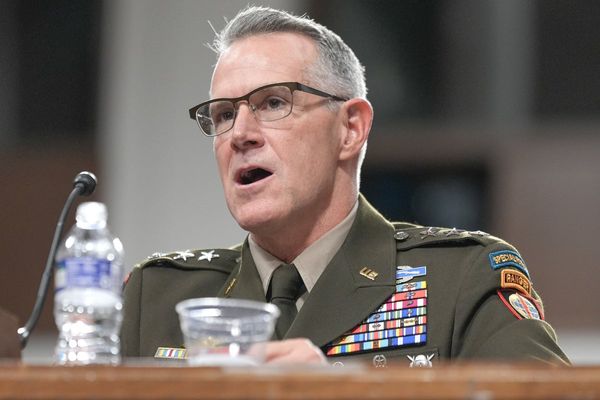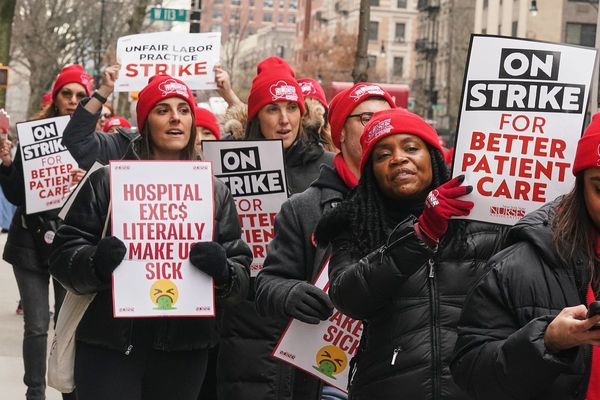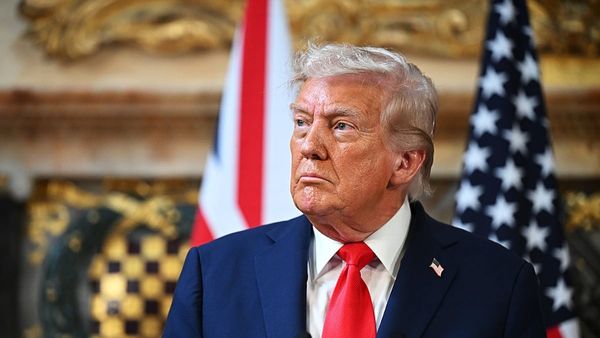
A field of 122 candidates will vie for the right to become Chicago’s 66 elected police district representatives, but three districts where increased crime is a major concern don’t have the bare minimum number of candidates.
The landmark ordinance that paved the way for civilian oversight to restore trust between residents and police calls for the election of three-member councils in each of Chicago’s 22 police districts.
They will be charged with meeting regularly to ride herd over local crime issues, fostering public trust and nominating members to fill seven seats on the permanent Community Commission for Public Safety and Accountability.
But three districts where crime is surging — Central, Gresham and Shakespeare — have only two candidates each who filed nominating petitions by the deadline Monday.
In those districts, the candidates on the ballot, who will apparently become district council representatives by default, will have 30 days after taking office in May to recommend six names to the mayor. two for each of the three openings.
The Central District has seen a 171% increase in murders — from seven last year to 19 this year. The Gresham District, where overall crime is up 66%, is one of 15 priority community areas targeted by the Lightfoot administration as key drivers of violent crime. In the Shakespeare district, overall crime is up 39%.
Adam Gross, executive director of the Community Commission for Public Safety and Accountability, said he’s pleasantly surprised 122 candidates filed nominating petitions to serve on the 22 district councils.

Gross chose to focus on the Deering District, where nine candidates are vying for three seats; the Albany Park and Rogers Park districts, where voters will choose from among eight candidates; and on the Englewood, Austin, Jefferson Park and Near North districts where there are seven candidates for three openings.
“I know that there’s a lot of enthusiasm for this. So I’m delighted by the number of candidates. If you had asked me a month ago or two months ago whether we’d have this many candidates, I might still have been hopeful, but concerned. So, I’m happy to see this,” Gross said.
Anthony Driver, president of the interim commission, said he, too, is satisfied with the number of candidates.
“A lot of people in the city were skeptical that you could fill a body that big. But if the ballots were sent today, the mayor would only be able to appoint three out of 66. ... That’s a testament to the passion that Chicagoans have around these issues and getting involved in these races,” the chairman said.
The number of candidates is even more impressive when you consider that recruitment was done with “little or no help from the city of Chicago to actually inform people that this exists,” Driver said.
Most of the recruitment and training was done by the Empowering Communities for Public Safety group which was the driving force behind civilian police oversight. The group trained over 200 candidates and got 75 of them to run.
“I would not go so far as to say that they want to see it fail. But it’s pretty apparent that city government has not put its full effort behind this. I can’t speculate as to motives. ... But the fact is they have done little to nothing to promote the district council races,” he said.
Civilian oversight was a pivotal recommendation by the Task Force on Police Accountability co-chaired by Lightfoot in the furor after the court-ordered release of the Laquan McDonald shooting video.
Lightfoot campaigned on a promise to empower a civilian oversight board to hire and fire the police superintendent and be the final arbiter in disputes over police policy and the department’s budget. She promised to deliver civilian oversight within the first 100 days of her administration.
What she managed to deliver — 26 months into her four-year term — fell far short of that promise.
The final language empowers a seven-member commission to take a vote of no confidence in the Chicago police superintendent. The commission also could take no-confidence votes for the chief administrator of the Civilian Office of Police Accountability and any Police Board member. Such votes would need the support of at least five of the seven members to pass.
A no-confidence vote would trigger a vote by the City Council’s Committee on Public Safety within 14 days and then a full City Council vote at its next monthly meeting. If two-thirds of alderpersons agree with the no-confidence vote, the chief administrator of COPA “shall be removed.”
No-confidence votes in the police superintendent or Police Board members would not be binding on the mayor.







